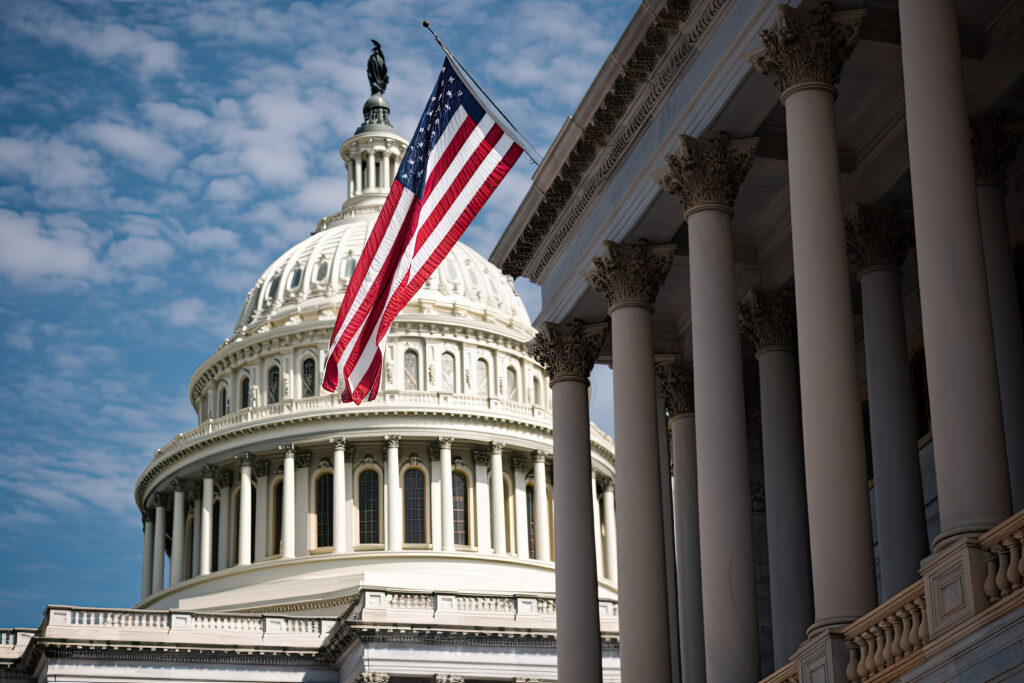
Key Takeaways:
- The House added a provision to the 2026 NDAA blocking the Federal Reserve from developing or issuing a CBDC.
- The measure reflects Republican efforts to stop CBDCs, building on the earlier Anti-CBDC Surveillance State Act.
- The bill makes exceptions for dollar-denominated stablecoins that are open, permissionless, and private.
The U.S. House of Representatives has added a provision to the National Defense Authorization Act (NDAA) for fiscal year 2026 that would bar the Federal Reserve from issuing a central bank digital currency (CBDC).
The nearly 1,300-page bill, updated by the House Rules Committee, prohibits the Fed from researching, developing, or launching any form of digital currency.
Major victory for financial freedom! This week, the House passed H.R. 1919, the Anti-CBDC Surveillance State Act which I co-sponsored, and H.R. 3633, the Digital Asset Market Clarity Act. These laws will bring clarity to digital assets and protect Americans from government… pic.twitter.com/vdGdgyT2Jp
— Rep. Mike Kennedy, M.D. (@RepMikeKennedy) July 19, 2025
This reflects Republican-led efforts to block CBDCs, building on the narrow House passage of the Anti-CBDC Surveillance State Act in July.
Unlike that standalone bill, the NDAA is considered “must-pass” legislation, making it a strategic vehicle for provisions that might otherwise fail.
The ban followed intense negotiations between House leadership and conservative lawmakers, who had delayed progress on three other crypto-related bills until a CBDC prohibition was guaranteed.
The final language also prevents the Fed from providing digital assets or services directly to individuals but clarifies that it does not restrict dollar-backed stablecoins that are open and private.
Republicans frame the measure as consistent with President Donald Trump’s January executive order opposing CBDCs, underscoring their long-running resistance to government-controlled digital money.

